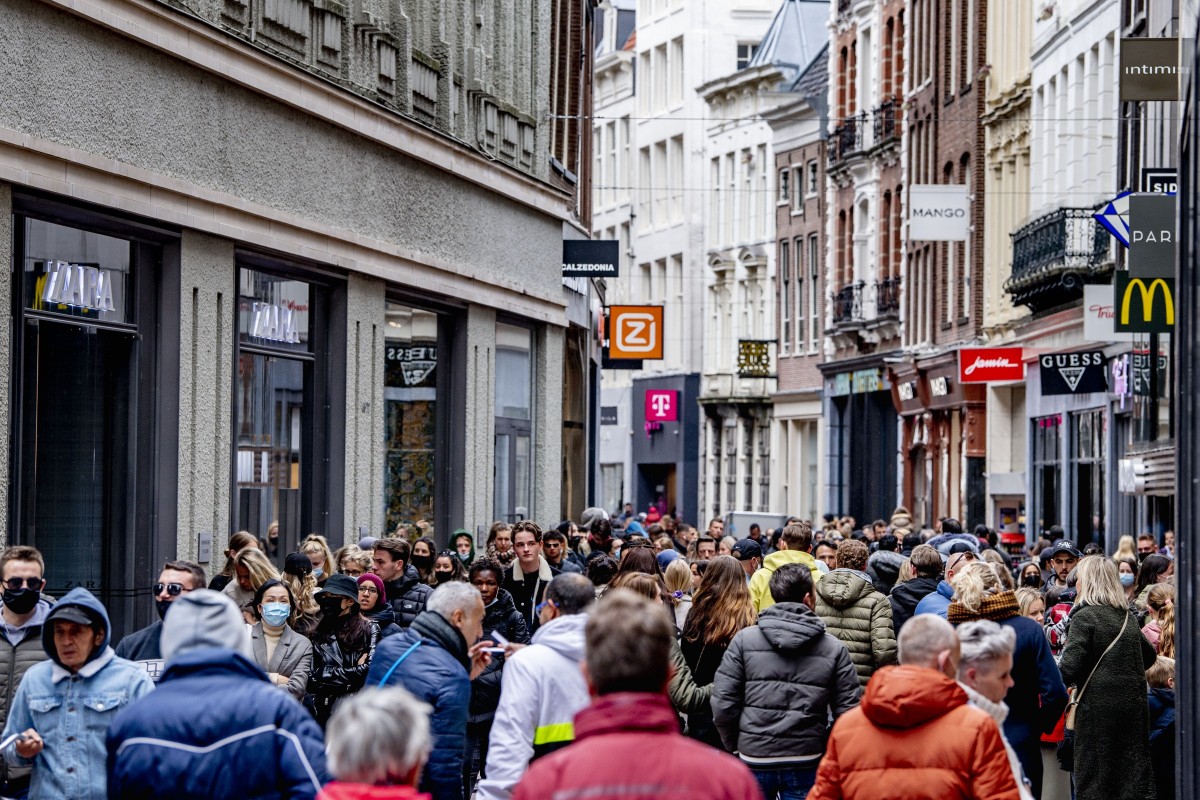Wednesday, June 30, 2021 11:41 AM EDT
Headline inflation moved lower on energy prices in June, but goods and services inflation is set to trend higher. This will push inflation back above 2% for the rest of the year.

Headline inflation is at 1.9% and for a brief moment in time, the European Central Bank has achieved its goal. I know, I know, it’s just under 2% for the medium term, but you just hope they can enjoy this moment in Frankfurt in otherwise turbulent times.
Energy inflation is coming off its peak as expected, as the more extreme declines from 2020 fade out of the comparison. In June, energy inflation dropped from 13.1% to 12.5%. Over the rest of the year, expect energy inflation to decline further if we don’t see a more pronounced increase in the oil price again. In fact, the Spanish decision to decrease VAT on electricity will push down energy inflation more than initially expected for the second half of the year, which will push headline inflation down a tad from our previous expectations.
Core inflation is set to take off from here though. The June decline from 1 to 0.9% was mainly due to declining services inflation which was in part influenced by the timing of the Pentecost holiday. Preliminary German data suggests that a decline in package holiday prices impacted service sector prices. The German VAT reversal will come into the numbers next month though. Moreover, once reopening effects are better reflected in the data and as base effects from last year start to play into the numbers, services inflation is set to increase for the rest of the year.
Goods inflation is already taking off. It jumped from 0.4% in April to 1.2% in June, which is in line with our expectations of producers pricing through higher input costs to consumers. Surveys have been showing this for a while already and we expect that the coming months will continue to see increases in goods inflation.
Overall, the small decrease in June headline inflation is not so relevant. What’s more important is the imminent surge in goods and services inflation. For now, most of the evidence points to this being largely temporary, but upside risks to the inflation outlook haven’t been this substantial in years and should keep the ECB on the edge of its seat. Let them enjoy this 1.9% for a brief moment, these are tense times in central banking.
Disclaimer: This publication has been prepared by the Economic and Financial Analysis Division of ING Bank N.V. (“ING”) solely for information purposes without regard to any ...
more
Disclaimer: This publication has been prepared by the Economic and Financial Analysis Division of ING Bank N.V. (“ING”) solely for information purposes without regard to any particular user's investment objectives, financial situation, or means. ING forms part of ING Group (being for this purpose ING Group NV and its subsidiary and affiliated companies). The information in the publication is not an investment recommendation and it is not investment, legal or tax advice or an offer or solicitation to purchase or sell any financial instrument. Reasonable care has been taken to ensure that this publication is not untrue or misleading when published, but ING does not represent that it is accurate or complete. ING does not accept any liability for any direct, indirect or consequential loss arising from any use of this publication. Unless otherwise stated, any views, forecasts, or estimates are solely those of the author(s), as of the date of the publication and are subject to change without notice.
The distribution of this publication may be restricted by law or regulation in different jurisdictions and persons into whose possession this publication comes should inform themselves about, and observe, such restrictions.
Copyright and database rights protection exists in this report and it may not be reproduced, distributed or published by any person for any purpose without the prior express consent of ING. All rights are reserved. ING Bank N.V. is authorised by the Dutch Central Bank and supervised by the European Central Bank (ECB), the Dutch Central Bank (DNB) and the Dutch Authority for the Financial Markets (AFM). ING Bank N.V. is incorporated in the Netherlands (Trade Register no. 33031431 Amsterdam). In the United Kingdom this information is approved and/or communicated by ING Bank N.V., London Branch. ING Bank N.V., London Branch is deemed authorised by the Prudential Regulation Authority and is subject to regulation by the Financial Conduct Authority and limited regulation by the Prudential Regulation Authority. The nature and extent of consumer protections may differ from those for firms based in the UK. Details of the Temporary Permissions Regime, which allows EEA-based firms to operate in the UK for a limited period while seeking full authorisation, are available on the Financial Conduct Authority’s website.. ING Bank N.V., London branch is registered in England (Registration number BR000341) at 8-10 Moorgate, London EC2 6DA. For US Investors: Any person wishing to discuss this report or effect transactions in any security discussed herein should contact ING Financial Markets LLC, which is a member of the NYSE, FINRA and SIPC and part of ING, and which has accepted responsibility for the distribution of this report in the United States under applicable requirements.
less
How did you like this article? Let us know so we can better customize your reading experience.












